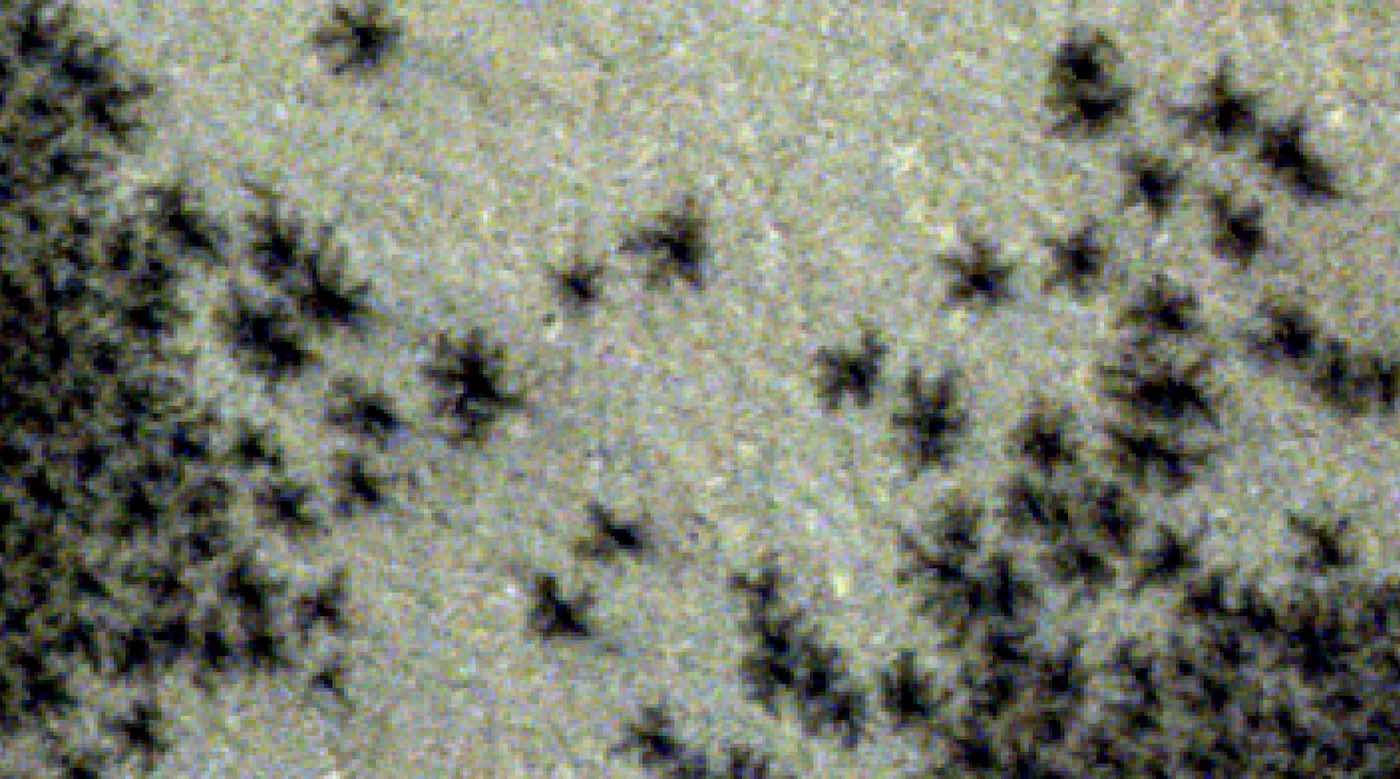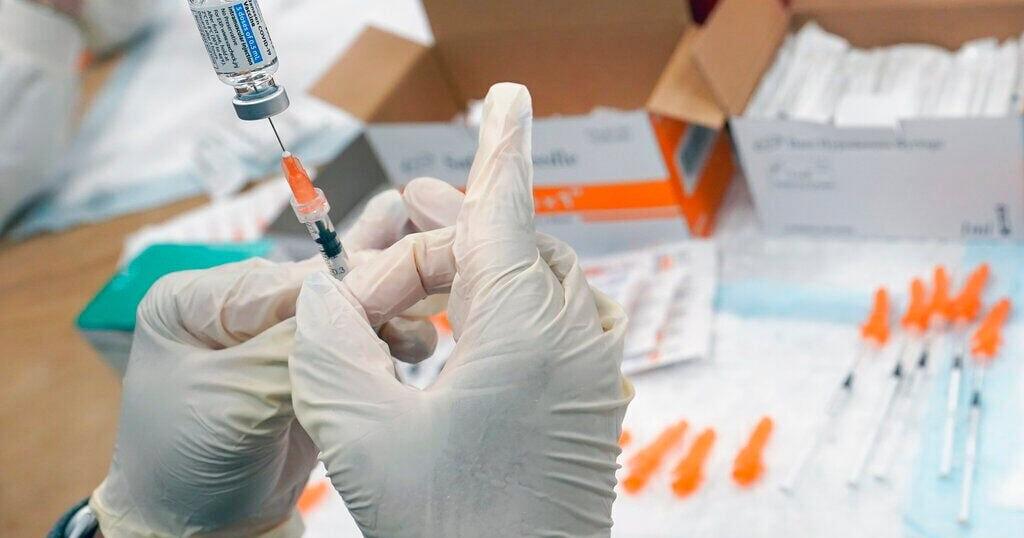Summary: Researchers shed light on the complex world of gut microbiota, particularly focusing on the Segatella species, a group previously underexplored due to cultivation challenges. This research, involving high-resolution genomic analyses, discovered five new Segatella species, enriching our understanding of microbial diversity in the human gut.
The findings highlight Segatella’s dietary fiber degradation capabilities and its associations with a healthier cardiovascular system, particularly noting its prevalence in non-industrialized populations and specific demographic groups like German men who have sex with men.
These insights pave the way for further studies on how sexual behaviors may influence microbiome diversity and its implications for human health.
ey Facts:
- The study identified five previously unknown Segatella species, indicating a larger complexity within this group than previously recognized.
- Segatella species are more commonly found in individuals from non-industrialized regions and are associated with positive cardiovascular health but are less common in westernized societies due to stringent hygiene practices.
- An elevated presence of Segatella was observed in the gut microbiome of German men who have sex with men, driven by sexual behaviors, revealing a diversity similar to non-industrialized populations.
Source: Helmholtz
The human body is colonized by a variety of different microorganisms such as bacteria, yeasts and fungi. All these microbial co-inhabitants – known as the microbiome or microbiota – are important for our health: For example, the microbiome in the gut supports digestion and helps to make nutrients available.
Although certain groups of bacteria dominate the human gut microbiome, the exact composition varies from person to person. For example, bacteria from the Prevotellaceae family and the associated genus Segatella are very common, but not much is known about their biology as they are difficult to isolate and cultivate.
They are part of the original microbiome and are found in around 90 percent of people living in non-industrialized regions around the world such as the Amazon or parts of Africa. In contrast, only 20 to 30 percent of people in Europe and the USA carry these bacteria.
A research team led by Prof. Till Strowig, who heads the “Microbial Immune Regulation” department at the Helmholtz Centre for Infection Research (HZI) in Braunschweig, recently succeeded in isolating additional representatives of the Segatella bacterial members.
“With high-resolution and high-throughput genomic analyses, we were able to show that the Segatella group along with the well-known representative Segatella copri (previously known as Prevotella copri) is a much larger complex than it was previously known, with five species which were never described before,” says Strowig.
With joint efforts from the Leibniz Institute DSMZ-German Collection of Microorganisms and Cell Cultures GmbH and the University of Trento (Italy), the research team has comprehensively characterized these species regarding their genomic diversity, biological features, and links with human health. “Segatella are specialized in the degradation of dietary fibres. However, it is still not known whether or how they benefit our health,” says Strowig.
The fact that they occur much less frequently in the microbiome of people living in the westernized world is probably a result of the hygienic conditions: “Due to their extreme specialization in humans, these bacteria are mainly acquired through interpersonal contact, not through food, and intensive hygiene measures can break such natural colonization chains.”
Together with Prof. Nicola Segata’s team from the University of Trento, the scientists used meta-analyses to build associations between Segatella and certain diseases, but no associations were found. Instead, they found that Segatella is more common in males and is associated with a positive state of the cardiovascular system. The researchers published their findings in the journal Cell Host & Microbe.
In a follow-up study, the research team observed an elevated occurrence of Segatella in German men who had sex with men.
They used both microbiome data and information collected by questionnaire from the study participants, who were recruited at the University Hospital Essen under the direction of Dr Jan Kehrmann. Segatella were particularly common in the gut microbiome of men who had sex with men, and their presence was also associated with sexual behaviors.
“Around 70 percent of men who practiced sex with men carried multiple Segatella species in their gut microbiome, whereas this only occurs in around ten percent of the total Western population.
“These men thus had a microbiome that is very similar to that of people in non-industrialized regions and differs significantly from the average microbiome of industrialized societies,” says Kehrmann, a physician-scientist at the Faculty of Medicine of the University of Duisburg-Essen. The results have now been published in Cell Reports Medicine.
The analysis of the data on sexual behaviors revealed that a higher Segatella diversity was mainly driven by frequent partner changes. Interestingly, unprotected anal intercourse and oral sex were also significant factors yet with a less remarked influence.
The analyzed data was collected as part of an HIV study, consisting of HIV-positive and HIV-negative men. Subjects of both groups were divided into men who practiced sex with men and those who did not. An influence of the HIV infection on the diversity of Segatella species in the intestine could not be observed.
“We speculate that the influence of sexual behaviors in the human gut microbiome might not be specific only to men who have sex with men. Therefore, we planned further studies on the microbiome in different sexual behaviors in populations including all genders,” says Till Strowig.
In many diseases such as inflammatory bowel disease, the microbiome has a reduced diversity of species, which is why a more diverse microbiome is seen as positive for health.
“Mechanistically, the connection between microbial diversity in the gut and a positive effect on health is not yet understood,” says Strowig.
“However, our study results to date show that there are various transmission pathways for gut-associated Segatella species that influence the diversity of the microbial world.”
About this microbiome and sexual behavior research news
Author: Andreas Fischer
Source: Helmholtz
Contact: Andreas Fischer – Helmholtz
Image: The image is credited to Neuroscience News
Original Research: Open access.
“Establishment of a non-Westernized gut microbiota in Men-who-have-sex-with-men is associated with sexual practices” by Till Strowig et al. Cell Reports Medicine
Abstract
Establishment of a non-Westernized gut microbiota in Men-who-have-sex-with-men is associated with sexual practices
Highlights
- Men who have sex with men (MSM) harbor a distinctive gut microbiota
- Dominant members include the Segatella copri complex and other Prevotellaceae species
- The MSM gut microbiome resembles that of non-Westernized populations
- Sexual practices are associated with a non-Westernized gut microbiome in MSM
Summary
The human gut microbiota is influenced by various factors, including health status and environmental conditions, yet considerable inter-individual differences remain unexplained. Previous studies identified that the gut microbiota of men who have sex with men (MSM) is distinct from that of non-MSM.
Here, we reveal through species-level microbiota analysis using shotgun metagenomics that the gut microbiota of many MSM with Western origin resembles gut microbial communities of non-Westernized populations.
Specifically, MSM gut microbiomes are frequently dominated by members of the Prevotellaceae family, including co-colonization of species from the Segatella copri complex and unknown Prevotellaceae members.
Questionnaire-based analysis exploring inter-individual differences in MSM links specific sexual practices to microbiota composition. Moreover, machine learning identifies microbial features associated with sexual activities in MSM.
Together, this study shows associations of sexual activities with gut microbiome alterations in MSM, which may have a large impact on population-based microbiota studies.

Dr. Debi Johnson is a medical expert and health journalist dedicated to promoting well-being. With a background in medicine, she offers evidence-based insights into health trends and wellness practices. Beyond her reporting, Dr. Debi enjoys hiking, yoga, and empowering others to lead healthier lives.








